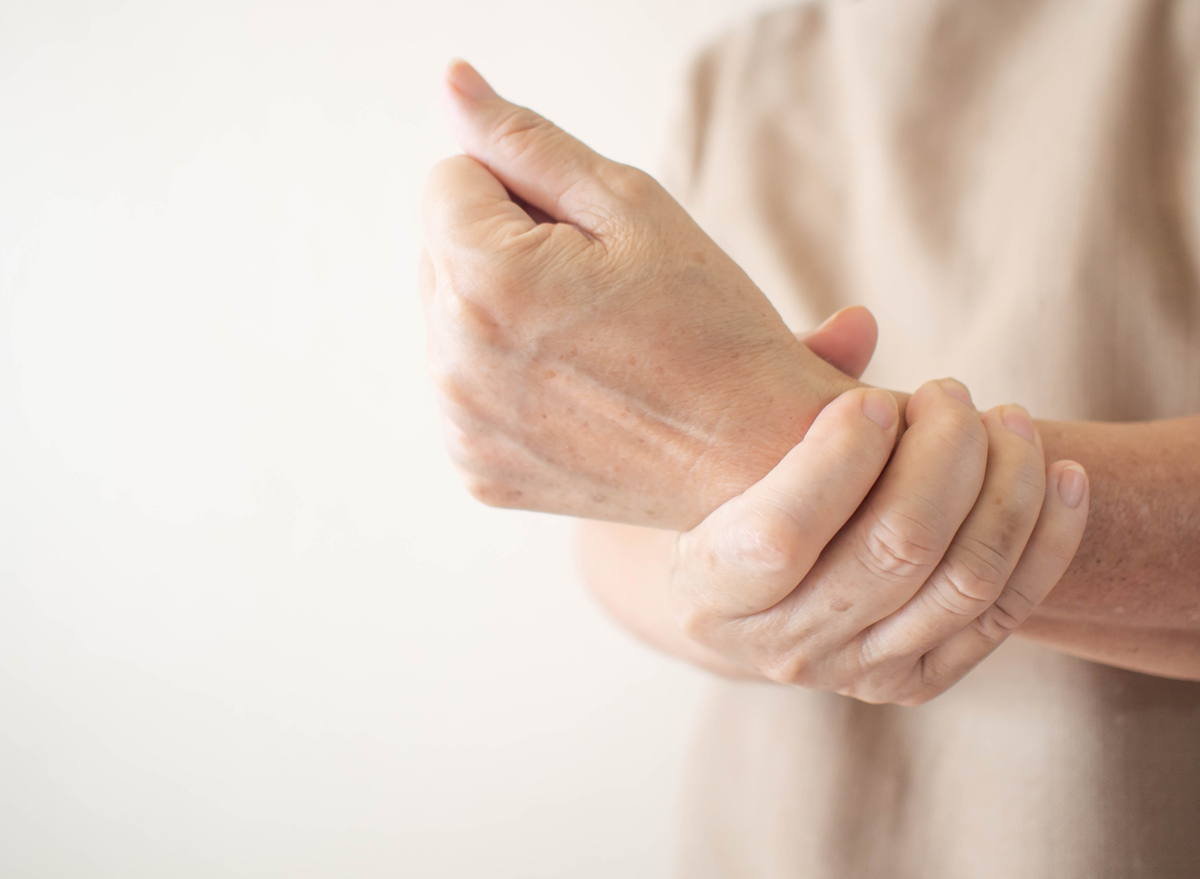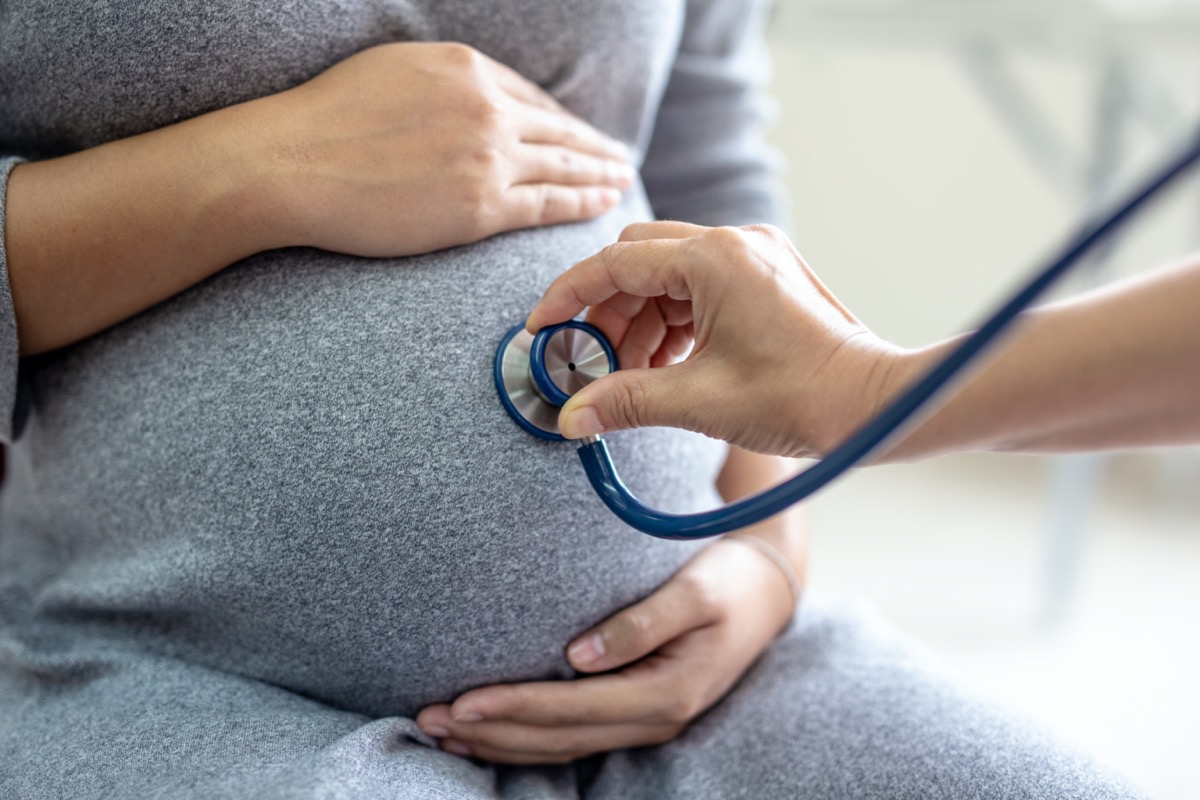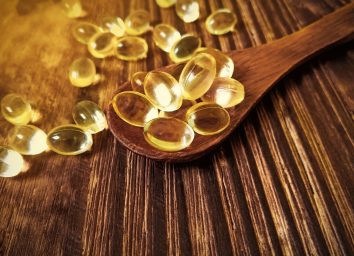5 Amazing Benefits of Vitamin D, According to Experts

Popularly referred to as the “sunshine vitamin,” vitamin D is an essential vitamin your body needs for optimal health. It’s been covered extensively in the news recently due to its connection with bolstering the immune system to reduce the risk of or weakening symptoms of COVID-19, but there’s more that this fat-soluble vitamin does for your body.
“Vitamin D is important [for] muscle, heart, and lung functioning,” says Nicole Avena, PhD, an assistant professor of neuroscience at the Mount Sinai School of Medicine in New York City. But the benefits vitamin D is most known for is supporting your body’s absorption of calcium: “One of the major roles [vitamin D] plays is to help maximize the absorption and utilization of calcium, which is an important mineral for our skeletal system and teeth,” says Dr. Avena.
If you don’t receive adequate levels of vitamin D each day, it can lead to increased susceptibility to infection, fatigue, back pain, and even impaired wound healing, according to Dr. Avena.
But first: how do you get vitamin D?
One of the best, and most natural ways, to receive vitamin D is through sun exposure, says Kelli McGrane, MS, RD, a registered dietitian for the food tracking app Lose It! “The general recommendation is 10-30 minutes of sunlight exposure during the middle of the day.”
However, because of geographical location, seasonal changes, or sensitivity to sunlight, a lot of individuals are not able to achieve their daily recommended dose of the vitamin through sunlight alone. That’s where supplements and vitamin D foods come in.
“While you can get some vitamin D through food sources like eggs, fatty fish, and fortified beverages—especially orange juice and milk—many individuals would benefit from a supplement, especially during the winter when there is a lack of sunlight,” says McGrane.
“A good starting point is 400 to 800 IU of Vitamin D3; however, it’s always best to check with your doctor or dietitian first,” McGrane adds.
What’s the difference between vitamin D2 and D3?
“Vitamin D3?” you ask. Yes, there are two different types of vitamin D. Dr. Avena explains that vitamin D is used as an umbrella term to describe vitamin D2 and D3, both of which have the same effect on the body upon absorption. “D3 is the type that’s made in your skin and what we see in most supplements,” she says. McGrane adds that vitamin D3 is what’s present in animal products, including fish oil and eggs, while D2 is primarily found in plants, like mushrooms.
“Current research suggests that vitamin D3 is more effective at raising vitamin D levels in the blood than vitamin D2,” McGrane adds. “This is why you’ll see most dietitians and doctors recommending vitamin D3 supplements.”
The health benefits of vitamin D
Now that you know how to get enough vitamin D in your diet, Dr. Avena and McGrane tell us about the benefits of vitamin D and why it’s worth making sure you’re getting enough.
Here are the biggest vitamin D benefits you need to know about. Read on, and before you head out to buy some supplements, make sure you first read up on What Happens to Your Body When You Take Too Much Vitamin D.
It strengthens the immune system.

Exactly how vitamin D plays a role in supporting our immune system is a hot topic in research right now, says McGrane, but there’s no doubt there’s a connection.
Dr. Avena says studies suggest taking 1,200 IU of vitamin D per day over a four-month period during the winter season reduces the risk of contracting the flu. “Vitamin D allows our immune system to work efficiently to ward off sickness,” she says.
It supports bone health.

Vitamin D is essential for the absorption of two very important minerals: calcium and phosphate, both of which are vital for bone health. Dr. Avena and McGrane both say that without enough vitamin D, the bones can begin to soften, making them fragile and more prone to break.
It improves mental health.

“A growing body of research has shown a relationship between vitamin D deficiency and the risk of anxiety and depression,” says McGrane. “In several studies, providing vitamin D supplementation to deficient individuals significantly improved symptoms of anxiety and depression.”
It may stave off the development of allergic diseases in babies.

Dr. Avena says that low vitamin D levels are associated with an increased risk of allergic conditions and diseases, including asthma and eczema in babies. However, research suggests that whether vitamin D actually prevents asthma and allergies during the prenatal window and early stages of life remains controversial. Vitamin D may also help kids and adults currently living with asthma.
A review of several clinical trials published in the medical science journal Cureus found that vitamin D supplementation may be helpful in the management of asthma, in addition to an inhaler and any other necessary medications.
It may help to promote a healthy pregnancy.

According to a study published in the International Journal of Clinical and Experimental Medicine, it was found that vitamin D3 levels were starkly different in healthy pregnant women compared with those who had preeclampsia and eclampsia. Preeclampsia only occurs during pregnancy, and it causes the mother to have high blood pressure and may be indicative of damage to the liver or kidneys. Eclampsia is characterized by the onset of seizures in pregnant women who have preeclampsia. Healthy women had statistically significant higher vitamin D levels than women who had preeclampsia and eclampsia.
To learn more about this essential vitamin, it might be worth you checking out 5 Signs of Vitamin D Deficiency You Should Never Ignore.








